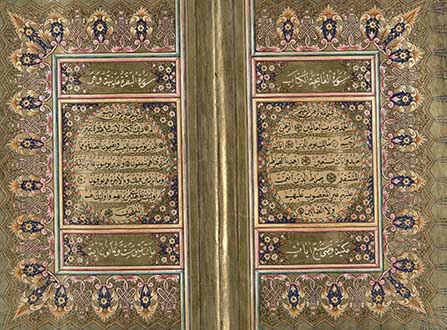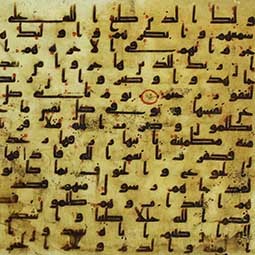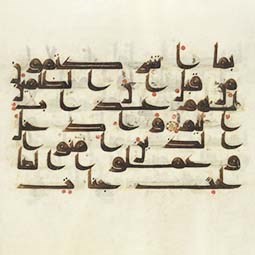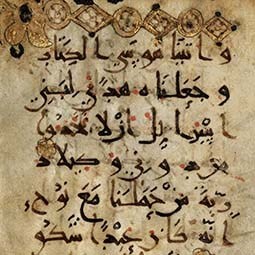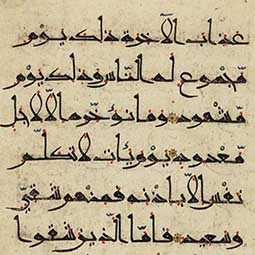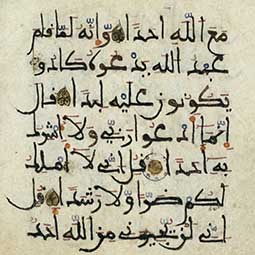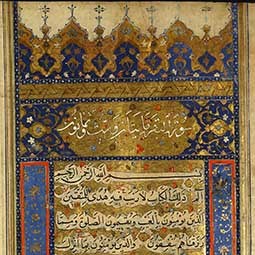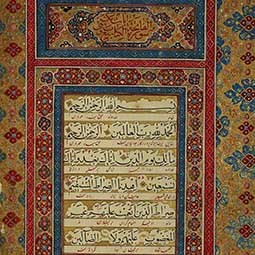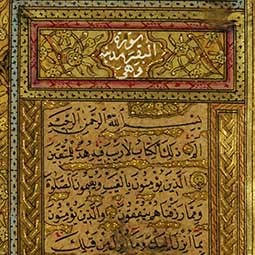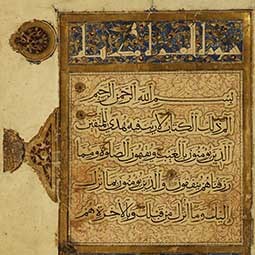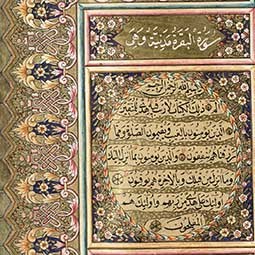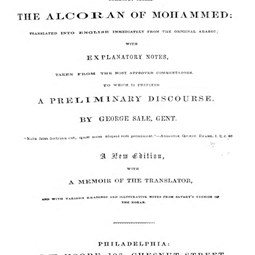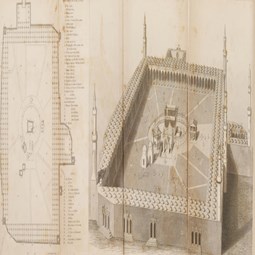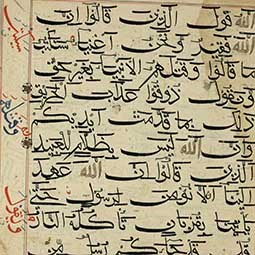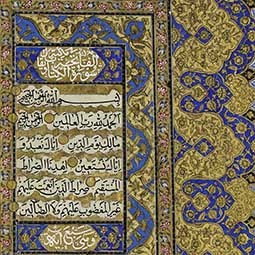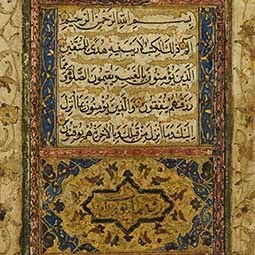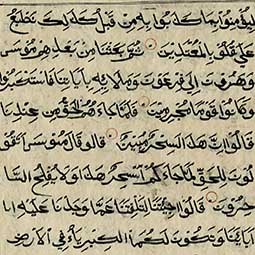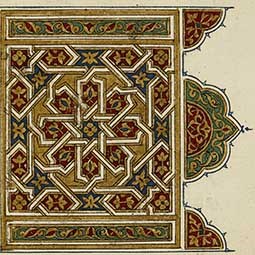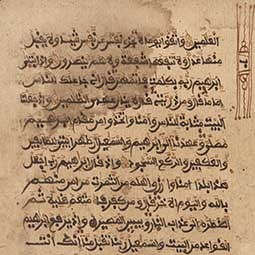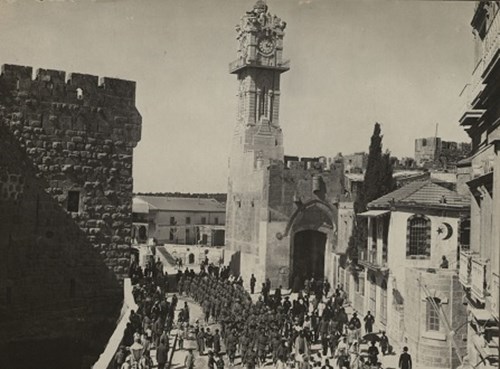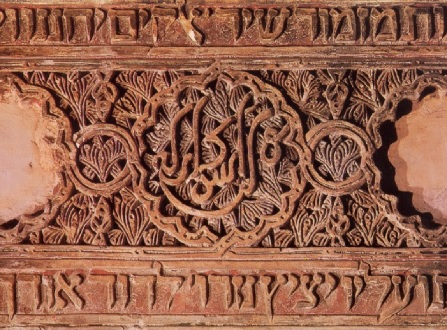The Quran
The Quran is the sacred scripture of the Islamic religion. The Quran consists of 114 chapters called Surahs. Each Surah includes a number of Ayats, or verses. According to Muslim belief, the Quran was delivered to the Prophet Muhammad by the archangel Gabriel and revealed in stages. The revelations began, according to Muslim faith, on the 27th night of Ramadan, known as Laylat al-Qadr.
The chapters of the Quran are arranged from the longest Surah, Surah al-Baqarah ("the cow" in English), to the shortest, Surah Nas ("mankind" in English). The verses are written in "rhymed prose" literary form and do not possess poetry's basic rhythmic meter, however the sounds at the end of each verse rhyme. The Quran is one of the earliest Arabic books, and to this day the scripture reflects the foundation for the study of the Arabic language. Furthermore, the Quran is the primary and significant authority in defining Islamic law, followed by the practices of the Prophet (Sunnah).
The name "Quran" appeared for the first time in the Quran itself, in approximately seventy different verses. There are two interpretations for its linguistic origin. The first, is that "Quran" is derived from the Assyrian word qeryana which means text or study. The second is that the origin of the word is in the Arabic root qaraʾa, referring to "recitation". Moreover, there are additional names for the Quran in the scripture itself, including Al-Kitaab ("The Book"), Al-Furqaan ("The Criterion") and Al-Dhikr ("The Reminder").
Muslims believe that the Quran is the Word of God, delivered to the Prophet Muhammad throughout his 22-year mission. The Quran chapters were recited and memorized up until the time that it was written down. Oral conveyance of the Quran generated a variety of recitations. The third Caliph, Uthman Ibn Affan, codified the version of the Quran that is known today. The Quran relays an array of diverse topics concerning the lives of its disciples, such as war and peace, commerce, education and marriage.
The Quran integrates narratives from monotheistic religions prevalent in the Arabian Peninsula prior to the emergence of Islam, Judaism and Christianity. In Islamic tradition, notable biblical figures, such as Moses, Abraham and Joseph, are regarded as prophets, as well as Jesus.
The National Library of Israel houses a large and varied collection of manuscripts, printed books and digital publications of the Quran. These include ancient and rare Qurans from the Shalom Yehuda Collection, numerous printed books featuring commentary on the Quranic text as well as a range of academic studies on the Quran. In addition, the National Library of Israel preserves many Quran readings recorded across the globe. Your are invited to peruse the Library's Quran collection in the galleries below.

 Sign in with Google
Sign in with Google
 Sign in with Facebook
Sign in with Facebook
